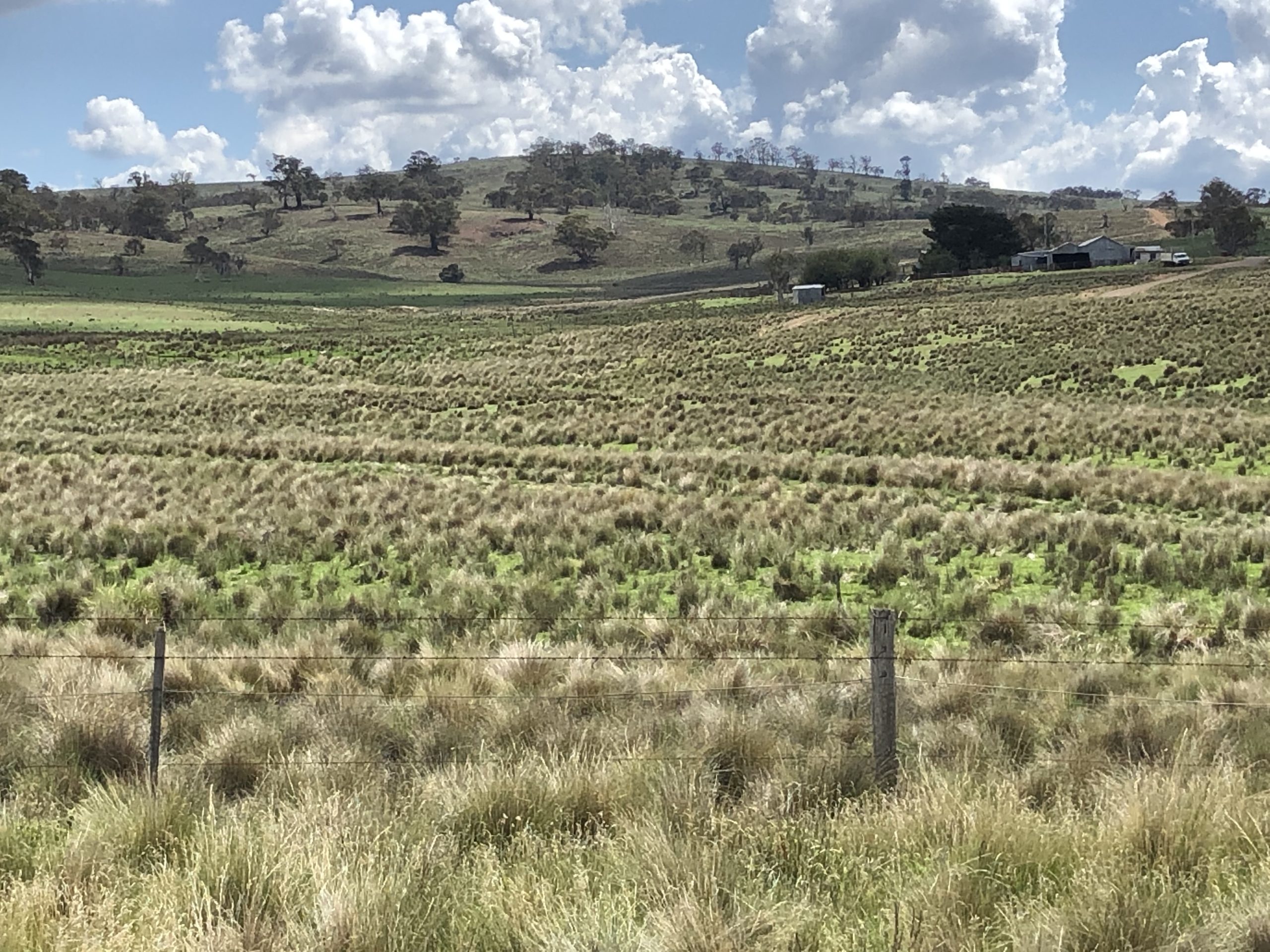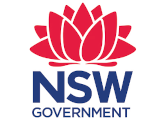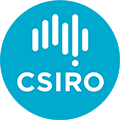African lovegrass
The NSW Environmental Trust was one of the cash contributors to the national project ‘Underpinning agricultural productivity and biosecurity by weed biological control’ supported by the Australian Government programme Rural Research and Development for Profit (RRnD4P) (Round 4) administered by the Department of Agriculture, Water and the Environment. The three-year project (completed June 2022) was led by AgriFutures Australia, and focused on 11 different weed targets and includes researchers from four agencies with capabilities and infrastructure to undertake weed biocontrol research in Australia (CSIRO, NSW Department of Primary Industries, Queensland Department of Agriculture and Fisheries and Victoria Department of Economic Development, Jobs, Transport & Resources).
African lovegrass (Eragrostis curvula) was one of the weed targets in which the NSW Environmental Trust is co-investing. Kerinne Harvey of NSW Department of Primary Industries led this sub-project, which involved collaborators from Rhodes University in South Africa.

African lovegrass (Eragrostis curvula) infestation near Adaminaby, NSW.
African lovegrass (Eragrostis curvula) infestation near Adaminaby, NSW (Photo: A. McConnachie).


